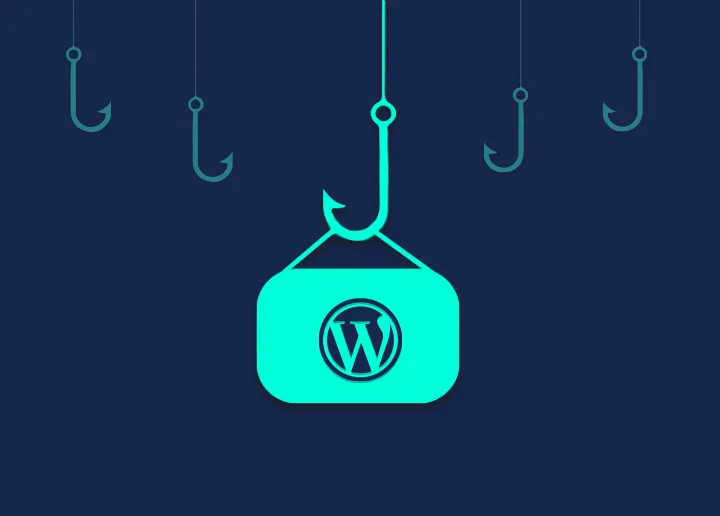What are hooks in WordPress?
In WordPress, hooks are functions that allow you to change or add functionality to the core WordPress code, themes, and plugins without modifying the original files. This is a fundamental part of WordPress's architecture, enabling developers to create custom features and interactions within WordPress.
Types of Hooks in WordPress:
Action Hooks:
These allow you to add custom code at specific points in the WordPress lifecycle.
Example usage: adding a custom widget, running code when a post is published, etc.
- wp_head: Executes code in the <head> section of the theme.
- init: Runs after WordPress is initialized.
add_action('wp_head', 'my_custom_code');
function my_custom_code() {
echo '<meta name="custom-meta" content="This is custom code">';
}Filter Hooks:
These allow you to modify the output or content of WordPress.
Example usage: changing text before it is displayed on the front-end or modifying the content of posts.
- the_content: Filters the content of a post before it’s displayed.
- excerpt_length: Adjusts the length of post excerpts.
add_filter('the_content', 'add_custom_message');
function add_custom_message($content) {
return $content . '<p>Thank you for reading!</p>';
}Custom Hooks:
Creating custom hooks in WordPress involves defining your own action or filter hooks that other developers (or you in the future) can use to add or modify functionality. Here’s a step-by-step guide on how to write custom hooks:
1. Define Your Custom Hook
You can create an action or filter hook using the do_action or apply_filters functions, respectively.- Action Hook: Use do_action when you want to trigger a function at a specific point.
- Filter Hook: Use apply_filters when you want to allow modifications to a value before it's output.
2. Writing a Custom Action Hook
Add the following code to your theme's functions.php file or a custom plugin:
function my_custom_action() {
// Custom code here
echo '<p>This is my custom action hook!</p>';
}
add_action('my_custom_hook', 'my_custom_action');You can place the hook anywhere in your code where you want the custom action to execute:
do_action('my_custom_hook');3. Writing a Custom Filter Hook
Add the following code to your theme's functions.php file or a custom plugin:
function my_custom_filter($content) {
// Modify the content
return $content . '<p>This content has been filtered!</p>';
}
add_filter('my_custom_filter_hook', 'my_custom_filter');You can apply the filter to a variable in your code:
$content = 'This is the original content.';
$content = apply_filters('my_custom_filter_hook', $content);
echo $content;Creating custom hooks in WordPress enhances your code's modularity and allows for greater flexibility in how functionality is extended or modified. This way, other developers can easily hook into your custom functionality without needing to change your core code.
Usage of Hooks in WordPress
- Adding Custom Functionality: Hooks enable developers to add new features or modify existing functionality without altering core WordPress files.
- Building Plugins: Developers can use hooks to create plugins that enhance or extend WordPress's default behavior.
- Theme Customization: Hooks allow theme developers to add dynamic content or modify theme elements efficiently.
- Ensuring Compatibility: Using hooks keeps code updates safe and compatible with future versions of WordPress, as you’re not directly editing core files.
Real-World Example
Imagine you want to automatically send an email notification when a post is published. You can use the publish_post action hook:
add_action('publish_post', 'notify_admin_on_publish');
function notify_admin_on_publish($post_ID) {
$admin_email = get_option('admin_email');
wp_mail($admin_email, 'New Post Published', 'A new post has been published on your website.');
return $post_ID;
}By leveraging hooks, you ensure that your custom functionality integrates seamlessly with WordPress, making your site more flexible and easier to maintain.
Thank You!

